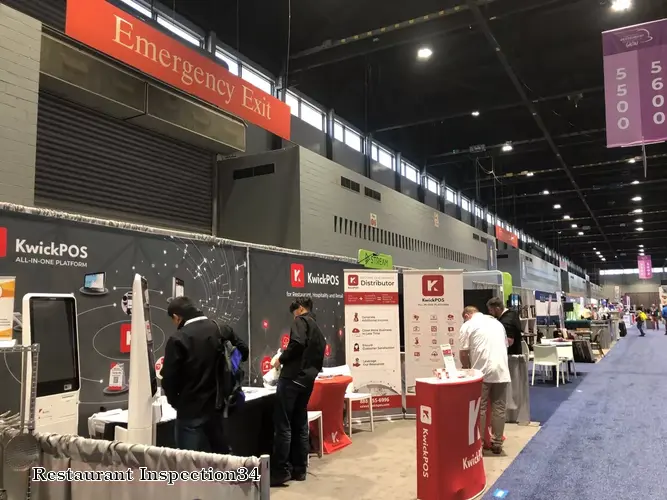

1. What exactly is a restaurant inspection? Essentially, it's an evaluation of a restaurant's cleanliness, food storage and handling practices, and overall compliance with health and safety regulations. Inspections are typically conducted by local health departments or other regulatory agencies.
2. What do inspectors look for during an inspection? Inspectors will typically check a variety of things, including the cleanliness of the restaurant's kitchen and dining areas, the temperature and storage of food, the condition of food contact surfaces, the handling and disposal of waste, and the overall sanitation of the establishment.
3. What happens if a restaurant fails an inspection? If a restaurant fails an inspection, it will typically be given a certain amount of time to correct the issues identified by the inspector. The restaurant may be required to close until the issues are resolved, and it may also be subject to fines or other penalties.
4. How can restaurants prepare for an inspection? There are a few things that restaurants can do to prepare for an inspection, including regularly cleaning and sanitizing all areas of the establishment, maintaining proper food storage temperatures, and ensuring that all employees are properly trained in food safety practices.
5. Are inspections the only way to ensure food safety? While inspections are an important part of ensuring food safety, they are not the only way to do so. Restaurants should also have their own food safety plans in place, and they should be proactive in identifying and addressing any potential issues before they become a problem.
I hope this gives you a good starting point for exploring the subject of restaurant inspections. It's an important topic, and one that is crucial for the safety and well-being of restaurant customers.
DISCLAIMER: This information is provided for general informational purposes only, and publication does not constitute an endorsement. Kwick365 does not warrant the accuracy or completeness of any information, text, graphics, links, or other items contained within this content. Kwick365 does not guarantee you will achieve any specific results if you follow any advice herein. It may be advisable for you to consult with a professional such as a lawyer, accountant, or business advisor for advice specific to your situation.
today
Copyright © 2026 Kwick365.com
Designed by KwickPOS is the best restaurant POS